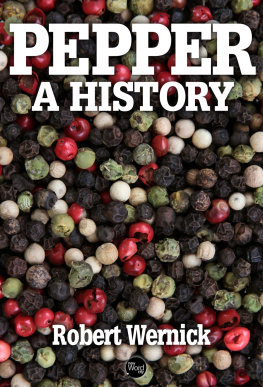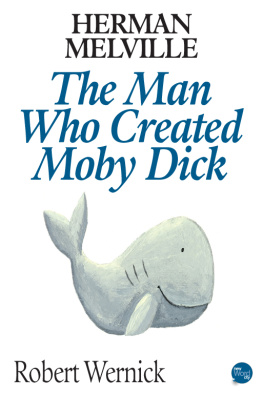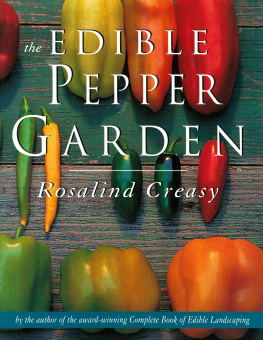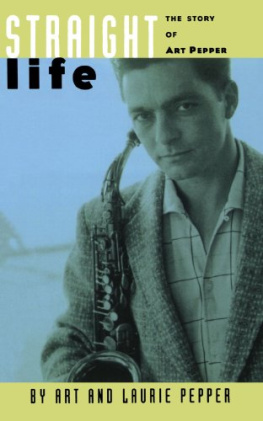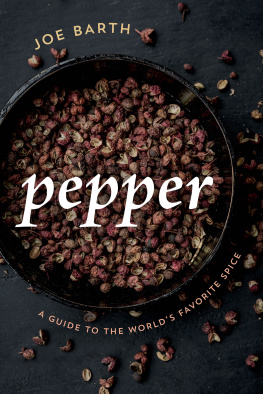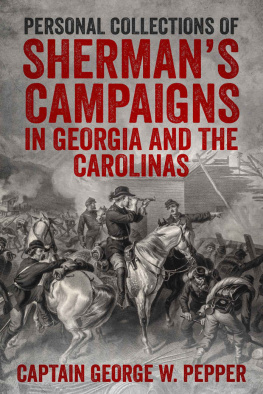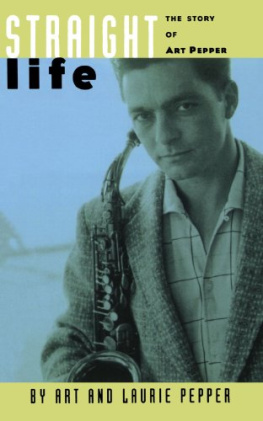The passion for pepper seemed to burn like a flame of love in the breast of Dutch and English adventurers about the time of James the First. Where wouldnt they go for pepper! For a bag of pepper they would cut each others throats without hesitation, and would forswear their souls, of which they were so careful otherwise; the bizarre obstinacy of that desire made them defy death in a thousand shapes the unknown seas, the loathsome and strange diseases, wounds, captivity, hunger, pestilence and despair.... They left their bones to lie bleaching on distant shores.
So muses Joseph Conrads narrator, Marlow, in chapter 22 of his novel Lord Jim. Lord Jim himself was to add his bones to the rest, in his dark, doomed corner of the East, where some earlier adventurer had decided the soil was right for a pepper plantation.
And all that grief and blood for a few handfuls of what, in Conrads time as in our own, was often nothing more than a powdered condiment to be found on every table, to be flicked carelessly on every humdrum meal. What in the world, Conrad or you or I might wonder, could be so extraordinary about pepper that men willingly died for it?
If you enlarge your historical horizon a bit, and look back just a few centuries, there is nothing at all bizarre about the obstinacy of those pepper seekers. They were dealing with one of the great motive forces of human events. Closely examine any of the great events that have shaped the world as we know it the decline and fall of the Roman Empire, the Crusades, the discovery of America and often as not you will find a pungent smell of pepper at its core.
When Alaric the Visigoth held the city of Rome to ransom in A.D. 408, he demanded and got 5,000 pounds of gold, 30,000 pounds of silver; 4,000 silk tunics, and 3,000 pounds of pepper.
There are people in the spice trade who will tell you that Alaric wanted the pepper to put in his sausages - a recent invention of the Visigothic horsemen that enabled them to travel great distances with a relatively well-preserved supply of meat and thus be able to attack and plunder unsuspecting provinces at their leisure. But the early history of the sausage is murky; and it is more likely that Alaric wanted pepper simply because his keen gangster eye could see that it was so profitable: It was small in bulk, light in weight, and enormously expensive. The Romans, like the Greeks before them, were wild about pepper, which they imported at great expense from the East. The Roman naturalist Pliny the Elder chided them for exchanging precious metal for a product that grew like a weed in its homeland. But they went on without a murmur paying steadily out the gold and silver they collected in plunder, tribute, taxes, tariffs, and bribes.
First they paid it to Arabian middlemen. When they learned that pepper grew in India, they discovered how to use the monsoon winds to sail regularly back and forth between the Red Sea ports and the Malabar coast ports like Muziris, and it became one of their principal trade routes. An old Sanskrit text records how the Roman traders came with gold and returned with pepper and Muziris resounded with the noise.
The duty levied on that pepper in the customhouses of Alexandria was one of the mainstays of the Imperial budget. And all that gold flowing to Muziris and the other ports of India deepened the deficit in the balance of payments, which, according to one school of modern historians, led to the financial crisis that helped destroy the Roman Empire, like the one that helped destroy the Soviet Empire a millennium and a half later.
It wasnt pepper alone, of course. Other luxury goods in the East were attracting Roman gold: pearls and ivory and apes and peacocks and such. And there were dozens of other spices, like nutmeg and cinnamon and cloves and cardamom. For that matter there were at least 20 other plants of the genus Piper growing wild in India. But black pepper, Piper nigrum, was always everyones favorite and has always provided the bulk of the spice trade.
After Rome fell, pepper became much rarer and more expensive in the Western world. Wars and invasions made trading hazardous. Then the rise of Islam turned the Mediterranean into a Muslim lake closed to European shipping, and the regular trade routes to the Orient almost dried up, plunging Western Europe into centuries of depression and stagnation and decay.
Every so often pepper turns up in an ancient document of those dreary days: An emperor gives a pouch of it to a favorite monastery; King Ethelred the Unready demands a tribute of so many pounds of pepper every Christmas from the German merchants in London; the Venerable Bede leaves what he holds most precious, his pepper and his love, to the Benedictine monks among whom he lived. But in general the Dark Ages of Europe were the Pepperless Ages as well, in which most people found little better to flavor their food than onion, garlic, and a few home-grown herbs.
This was a grievous burden on the people of northern Europe, and particularly for the upper classes, who were heavy meat eaters. At the time meat, if preserved at all, was preserved by drying and salting, so that without pepper to liven up or otherwise disguise the taste or the rancidity, it was dreary or unpleasant on the tongue.
The flow of pepper to Europe increased again as a result of the economic and commercial boom that began at the end of the eleventh century at the time of the Crusades and has continued with remarkably few interruptions ever since.
When the beefy greedy barons of the North, sailing to the Holy Land on the Crusades, found that pepper was a common consumer product in the Near East, they went crazy over it. The ships that brought them east sailed back west laden with luxury goods, of which pepper was the most luxurious, and the commercial patterns and the eating habits of Europe were both changed almost overnight. Garlic and onions were reduced to the relatively plebeian status they still hold. Pepper was the thing for any man who valued his social position: He hath no pepper came to be the most curt and decisive phrase to identify a medieval nobody.
A pound of pepper in those days was worth, roughly, one sheep. Pepper was used for dowries, for taxes, to pay off soldiers as when every member of the Genoese army, which captured Caesarea in Palestine in 1101, got two pounds of pepper as a reward. Judges were bribed with it, rents were paid with it, city accounts in the ledger books were calculated in peppercorns. An aristocrat named Guillaume de Limoges complained about the insolent display of wealth by a rich commoner who piled peppercorns in his storerooms as if they were so many acorns for his pigs. Benefactors used to demand a symbolic yearly payment in pepper when they endowed a church: Queen Elizabeth II, visiting her revolted colonies in 1976, was presented with 279 peppercorns at Trinity Church on Broadway, representing back rent due the Crown of England since the days of William III in the seventeenth century.
The pepper that came to Europe in the Middle Ages mostly came in the fleet that served Venice, the Queen of the Adriatic, which picked it up in middle eastern ports like Alexandria after it had made a long voyage by ship across the Indian Ocean and then by camel caravan across the Arabian desert. When in 1499, Vasco da Gama, having proved that it was possible to sail directly to India around the southern tip of Africa, sailed back to Lisbon with pepper in his hold that he could sell for a fraction of the price the Venetians had to charge, the Queens throne tottered. All the city remained stupefied, wrote a Venetian in his diary, the wisest held it for the worst news that could reach them. They knew that the mastery of world trade was leaving the Queen of the Adriatic forever and moving west, out of the Mediterranean to the North Atlantic. Vasco da Gama was a Portuguese.

